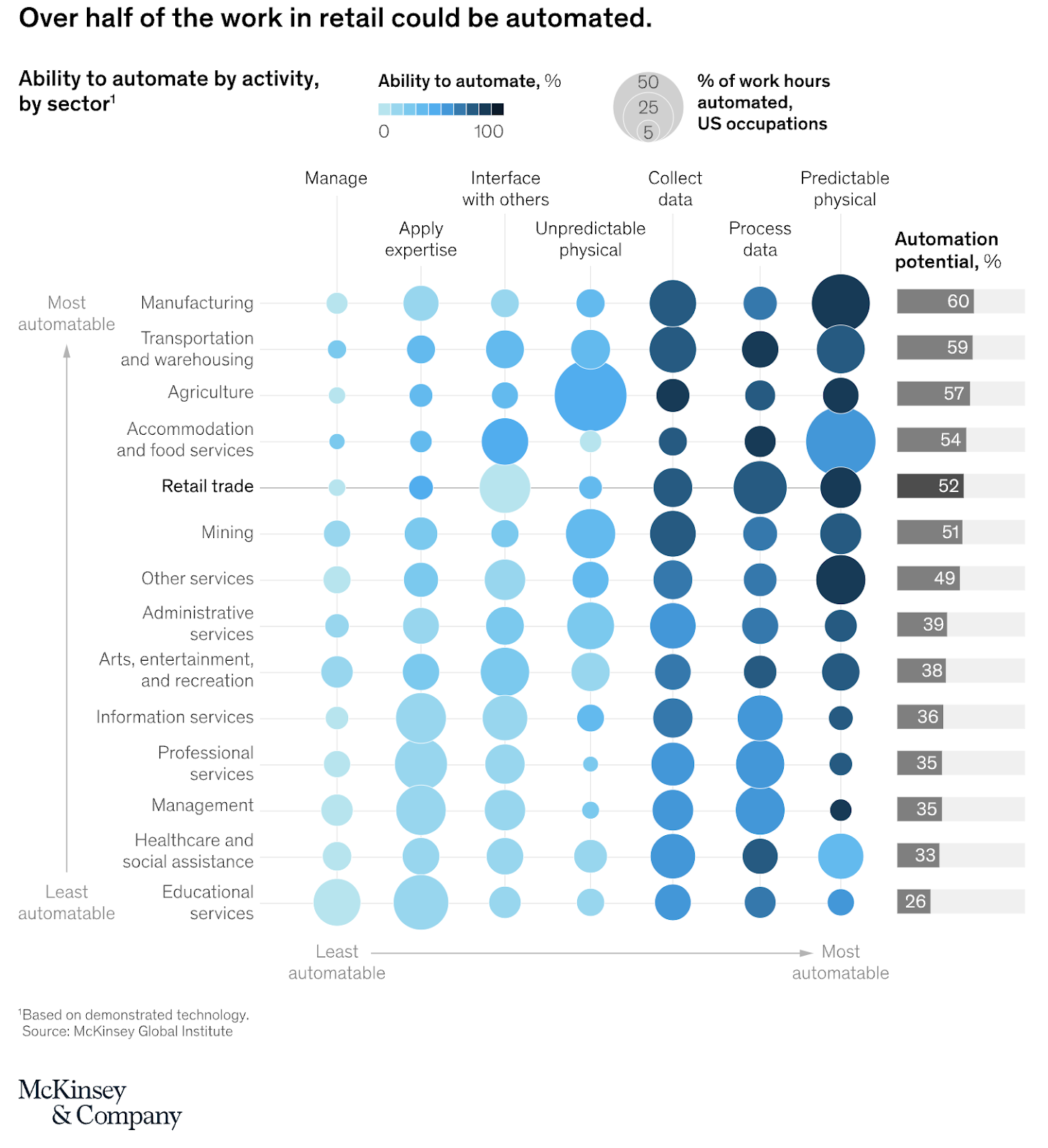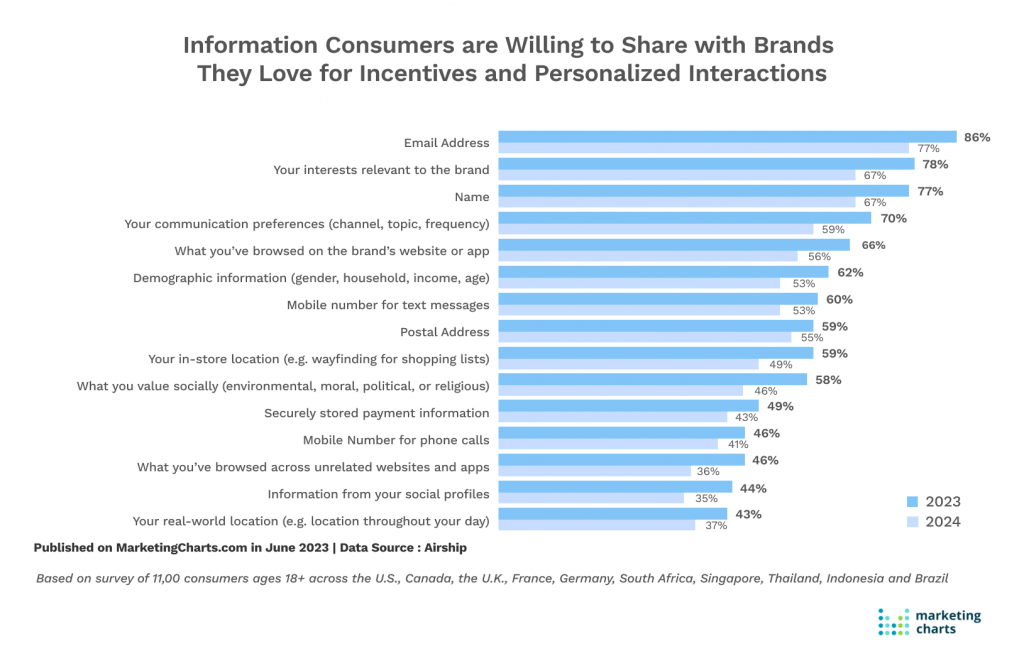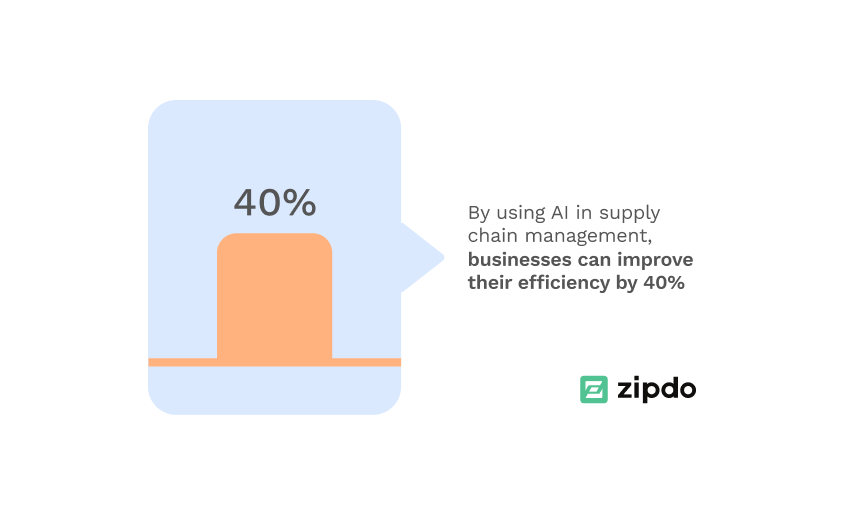Optimizing Retail Operations with Predictive Analytics and AI
Optimizing Retail Operations with Predictive Analytics and AI
The retail world is changing fast. Today, success in retail is not just about selling products. It’s about using new tools to make better decisions.
Two powerful tools are changing the game: predictive analytics and artificial intelligence (AI). These technologies help retailers understand their customers, manage inventory, and stay ahead of trends.
In this article, we will explore how predictive analytics and AI can optimize retail operations. We will see how they make businesses more efficient, improve customer satisfaction, and increase profits. Let’s dive into the world of modern retail, where data and technology lead the way to success.
Quick Takeaways
- Retail operations cover essential functions such as inventory management and customer service, aiming to enhance efficiency and customer satisfaction while reducing costs.
- Predictive analytics, using historical data, empowers retail with data-driven decision-making, and more than 50% of retail tasks can be automated.
- AI enhances retail operations by improving customer insights, inventory management, pricing, supply chain, and customer service, leading to increased efficiency and profitability.
- AI and predictive analytics find practical use in personalized experiences, inventory management, pricing, and supply chain optimization, ultimately improving customer engagement and financial outcomes.
Understanding Retail Operations
Retail operations encompass a wide range of activities that are crucial for the success of any retail business, including:
- Inventory management
- Customer service
- Sales
- Supply chain management
The goal of retail operations is to increase efficiency and customer satisfaction while minimizing costs and maximizing profits.
One of the significant challenges in retail operations is managing the vast amount of data generated daily. This data includes sales figures, customer feedback, inventory levels, and supply chain logistics. Properly analyzing and utilizing this data is key to making informed decisions that can lead to improved operational efficiency.
Additionally, sustainability and digital transformation are becoming increasingly important. Retailers are focusing on reducing their environmental impact and embracing digital technologies to enhance customer experiences and streamline operations. Retailers who adapt to these changes are more likely to succeed in the competitive retail market.
The Rise of Predictive Analytics in Retail
Predictive analytics is an innovative technology that leverages historical data to forecast future trends and behaviors. It equips retailers with the tools to make data-driven decisions, transforming the way they operate and interact with customers, ensuring that retailers are well-prepared to navigate the challenges and opportunities that arise.
According to McKinsey & Company, more than half of all activities in retail can be automated with existing technology. This statistic underscores the growing recognition of predictive analytics as a powerful tool in the retail sector.

Predictive analytics allows retailers to anticipate and address a variety of critical aspects of their operations:
Inventory Management
By analyzing past inventory records and sales data, retailers can construct predictive models that enable precise projections of future demand.
This data-driven approach helps retailers make informed decisions about stock levels, avoiding shortages or overstocking, especially when dealing with seasonal fluctuations and shifting consumer preferences. The result is improved operational efficiency and financial performance.
Dynamic Pricing Strategies
Retailers can harness predictive analytics to analyze:
- Historical price data
- Current market conditions
- Competitors’ pricing strategies
This information is used to create predictive pricing models that enable retailers to set competitive prices, optimize profit margins, and enhance sales performance in real-time. This adaptability is a significant advantage in responding to rapidly changing market dynamics.
Enhanced Fraud Detection
Preventing fraud is a critical concern for retailers. Predictive analytics aids in fraud prevention by gathering data related to financial transactions, refunds, and suspicious activities.
Advanced algorithms in predictive analytics can identify subtle anomalies that traditional methods might miss. Real-time monitoring and detection of fraudulent behavior enable retailers to take proactive measures to protect their brand and financial stability.
Improved Marketing Targeting
Predictive analytics helps retailers test and identify which marketing messages are most effective for different customer segments.
By understanding customers’ preferences and behaviors, retailers can tailor their marketing efforts more precisely. For example, customers who frequently purchase eco-friendly products may respond favorably to sustainability-focused messages, enhancing customer loyalty and repeat business.
Supply Chain Optimization
Comprehensive data analysis of supplier performance, transportation lead times, inventory levels, and demand fluctuations lays the foundation for supply chain optimization.
Predictive analytics-driven supply chain management leads to increased productivity, lower costs, and quicker product availability. Retailers benefit from reduced shipping costs, fewer stockouts, and more efficient logistics, ultimately improving profitability and customer satisfaction.

AI’s Role in Optimizing Retail Operations
Artificial Intelligence is playing a pivotal role in reshaping the landscape of retail operations. It empowers retailers with advanced capabilities that drive efficiency, enhance customer experiences, and drive profitability.
Here’s how AI is revolutionizing retail operations:
- Customer Insights: AI-powered tools analyze vast amounts of customer data, including purchase history, preferences, and online behavior. This allows retailers to create personalized shopping experiences, recommend products, and tailor marketing campaigns to individual customers.
- Inventory Management: AI algorithms predict demand patterns and optimize inventory levels. Retailers can reduce carrying costs, avoid stockouts, and improve overall inventory efficiency.
- Pricing Strategies: AI helps retailers dynamically adjust pricing based on real-time market conditions, competitor pricing, and demand fluctuations. This ensures that prices remain competitive while maximizing profit margins.
- Supply Chain Optimization: AI enhances supply chain management by predicting supply chain disruptions, optimizing routes, and reducing transportation costs. It also helps in demand forecasting, ensuring that products are available when and where customers need them.
- Chatbots and Virtual Assistants: AI-powered chatbots and virtual assistants provide 24/7 customer support, answer inquiries, and assist with online shopping. This not only improves customer service but also reduces operational costs.
- Loss Prevention: AI-driven video analytics and pattern recognition systems can identify suspicious behavior in real-time, helping prevent theft and fraud in physical retail stores.
- Predictive Maintenance: In the realm of physical retail, AI helps in predicting equipment failures and scheduling maintenance before issues disrupt operations.
- Data Analytics: AI-driven data analytics tools enable retailers to gain deeper insights into customer behavior, market trends, and operational efficiency. These insights inform strategic decision-making.
The integration of AI with predictive analytics amplifies its impact, allowing retailers to make more accurate forecasts, automate decision-making processes, and stay agile in a rapidly evolving retail landscape.
Optimize Retail Operations with Practical Applications and Strategies
Practical applications of AI and predictive analytics in retail are transforming the way businesses operate and interact with customers. To illustrate the impact of these technologies, let’s explore some real-world applications.
Personalized Customer Experiences
AI-driven recommendation engines have become a staple in eCommerce. These engines analyze customer data to suggest products tailored to individual preferences.
According to Forrester, 77% of consumers have chosen, recommended, or paid more for a brand that offers personalized services and experiences. This emphasizes the importance of personalized experiences in today’s retail landscape. The graph below highlights specific pieces of data consumers are willing to share in order to receive personalized interactions.

Retailers can employ AI to understand customer behavior, segment their audience, and deliver personalized recommendations through various channels, including:
- Websites
- Mobile apps
- Email marketing
The result is increased customer engagement and higher conversion rates.
Inventory Optimization
Effective inventory management is critical for retail success. AI algorithms, when combined with predictive analytics, help retailers optimize their inventory.
Retailers can use AI to forecast demand accurately, identify slow-moving items, and automatically reorder products when stock levels are low. This ensures that products are available when customers want them while minimizing overstocking.
Dynamic Pricing Strategies
Dynamic pricing, powered by AI, allows retailers to adjust prices in real-time based on market conditions, competitor pricing, and customer demand.
Retailers can implement dynamic pricing to maximize profits during peak demand periods and remain competitive during slower times. By continuously monitoring market dynamics, AI-driven pricing strategies help retailers strike the right balance between revenue and customer satisfaction.
Supply Chain Optimization
AI’s impact extends beyond the store floor to supply chain management. ZipDo reports that companies using AI in supply chain management can improve their efficiency by 40%, highlighting the transformative effect of AI on supply chain optimization.

AI can predict supply chain disruptions, optimize routes for efficient transportation, and enhance demand forecasting. Retailers can achieve cost savings, reduce delivery times, and ensure products reach customers swiftly and reliably.
Customer Service and Chatbots
AI-driven chatbots and virtual assistants offer 24/7 customer support, answer inquiries, and assist with online shopping. These chatbots enhance customer service while reducing operational costs.
Retailers can deploy chatbots to handle routine inquiries, guide customers through the purchase process, and provide instant assistance. This not only improves customer satisfaction but also frees up human resources for more complex tasks.
Embrace the Future of Retail Today with Hypersonix.ai
Incorporating AI and predictive analytics to optimize retail operations requires a strategic approach. Retailers must align their technology investments with their business objectives, focus on data quality, and ensure that AI solutions integrate seamlessly into existing processes.
Hypersonix is leading the way in transforming the retail landscape with its cutting-edge solutions that integrate AI/ML, IoT, blockchain, and AR technologies. By fully utilizing unified data, Hypersonix empowers CPG companies to tap into new growth avenues and foster innovation, preparing them for the dynamic future of the market.
Experience the transformative power of Hypersonix’s AI-driven solutions for your pricing strategies by booking a demo now!

.png)



